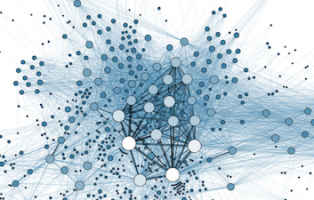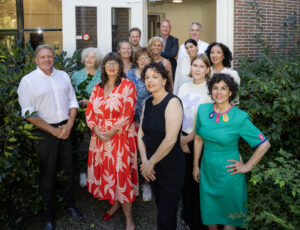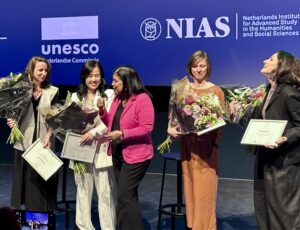Project: Evolution of Adaptive Response Mechanisms
This project aims at uncovering the evolutionary design principles underlying the ability of organisms to adapt to their local conditions and to cope with environmental change. In the past, evolutionary theory has mainly focused on structural traits, such as body size, colouration, or the presence or absence of resistance against pathogens. The evolution of such traits can be unravelled rather easily, mainly because there is a relatively straightforward link between phenotypic appearance and the underlying genes. As in many other disciplines of the life sciences, it is becoming increasingly clear that mapping structural traits and processes is only a first step, while understanding the regulation of such traits and processes is the real challenge.
For evolutionary biologists, studying the evolution of the machinery underlying adaptive regulation requires a major rethink. Adaptive responses to environmental change are typically not mediated by single regulatory elements, but by whole networks: gene regulatory networks determine the expression of structural genes; metabolic networks orchestrate a huge number of metabolic reactions; the immune network responds to the attacks of pathogens; the hormone system mediates physiological responses; and neural networks steer behavioural responses and allow to learn from experience. The evolution of such networks is governed by different principles than the evolution of single traits.
The reason is that the network as a whole is evolving, making it impossible to study its evolution from the traditional gene-centred perspective. This project will develop theoretical models for the evolution of diverse response mechanisms (from the regulation of sporulation in bacteria to the evolution of learning in animals) and investigate whether, and to what extent, our ideas about the speed and direction of evolution need to change when regulatory processes are taken into consideration. The goal is to find overarching design principles that apply to all adaptive regulation networks. This goal can only now be tackled, since it requires large-scale evolutionary simulations that are technically challenging and only possible due to recent advances in computational biology, systems biology and artificial intelligence. Since all regulatory processes in the living world are the product of evolution, the results of the project may be of considerable importance for various disciplines in the life sciences, including immunology, neurobiology, and the study of behaviour.
ERC Advanced Grants for Alumni
Two former NIAS Fellows were also awarded an ERC Advanced Grant:
Carsten de Dreu, Professor of Social and Organisational Psychology at Leiden University and NIAS Fellow 2015/16, will carry out research on the causes of conflicts between groups at both macro- and micro-level.
Ann Rigney, Professor of Comparative Literature at Utrecht University and NIAS Fellow 2009/10 for her research on Remembering Hope: The Cultural Memory of Protest in Europe.




